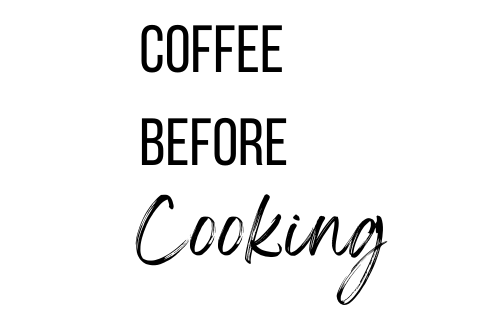Did you know nearly $35 million tons of food waste is generated every year? Obviously some of this is a consumption issue, and certainly choosing to eat a plant-based diet the best thing you can do for your personal health and the well-being of the environment. Beyond distribution issues, which means food to that’s wasted because it sits uneaten and spoils or cannot be used by the place it was taken to and is thrown away, our individual consumption choices can also make a difference.
Your freezer is your friend
As a single person, I can’t count the number of times I’ve made something that I can’t eat by myself because the portions are too big. If can’t share the extra food with someone else, freezing will keep those leftovers fresh for the next time you need a quick meal! Beyond soups, casseroles, and dough, I also like to freeze liquids like veggie broth, coffee, dairy-free milk, and kombucha to blend extra flavor into future dishes!
Snack sustainably
As “zero waste” items like reusable straw, bags, and bottles become more commonplace, the cost and plastic saving benefits of these products quickly pay for themselves. At many coffee shops, you can even get a discount when bringing your own container.
Buy in buik
I love buying rice, beans, and other shelf-stable items in bulk for multiple reasons 1) the price per pound tends to be cheaper 2) you can fill your own containers instead of having a bunch of bottles or packets that look messy and fall over themselves 3) because you’re buying by the weight, you can get as much or as little as you need. If you go through a staple item like castile soap or frozen fruit every few days or weeks, buying larger quantities saves packaging. If you only need, say cardamom spice for a specific recipe, you don’t have to buy a larger quantity that will go to waste.




